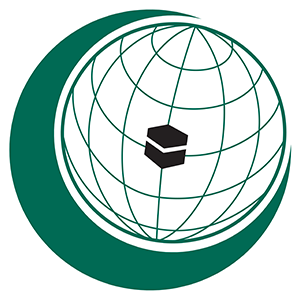The primary duty of a Technical Committee is the development and systematic maintenance of the OIC/SMIIC Standards according to related activities within a particular scope of work (e.g.: TC 1 Halal Food Issues, TC 5 Tourism and Related Services, TC 9 Textiles and Related Products, TC 11 Halal Management System, etc.).
A Technical Committee (TC) is a technical decision making body with precise title, scope, strategic business plan and work programme, established in the SMIIC. A TC essentially manages the preparation of SMIIC deliverables - in accordance with an agreed business plan.
A Technical Committee is composed of a chairman, a secretary and TC members from national bodies of SMIIC Member States. The national delegations are designated by the SMIIC members. OIC/SMIIC standards are developed by experts, within TCs. TCs are made up of representatives of industry, NGOs, governments and other stakeholders, who are put forward by SMIIC’s members. Each TC deals with a different subject.
SMIIC’s full members (member bodies) can decide if they would like to be a participating member (P-member) of a particular TC or an observing member (O-member). P-members participate actively in the work and have an obligation to vote on all questions submitted to vote within the technical committee. O-members follow the work as observers; they receive committee documents and have the right to submit comments and to attend meetings, but cannot vote within the committee.
The operation of SMIIC TCs is largely governed by the SMIIC Directives, Part 1 Procedures for the Technical Work.
Secretariats of TC are important duties that has to be performed responsibly for the successful administration of standardization process. A member body which has been assigned to the secretariat post, by mutual agreement, has the responsibility for providing technical and administrative services to a TC or SC. Secretary is the person who manages the technical and administrative services provided. Secretaries are responsible for all operation, documentation and future activities of the TCs.

